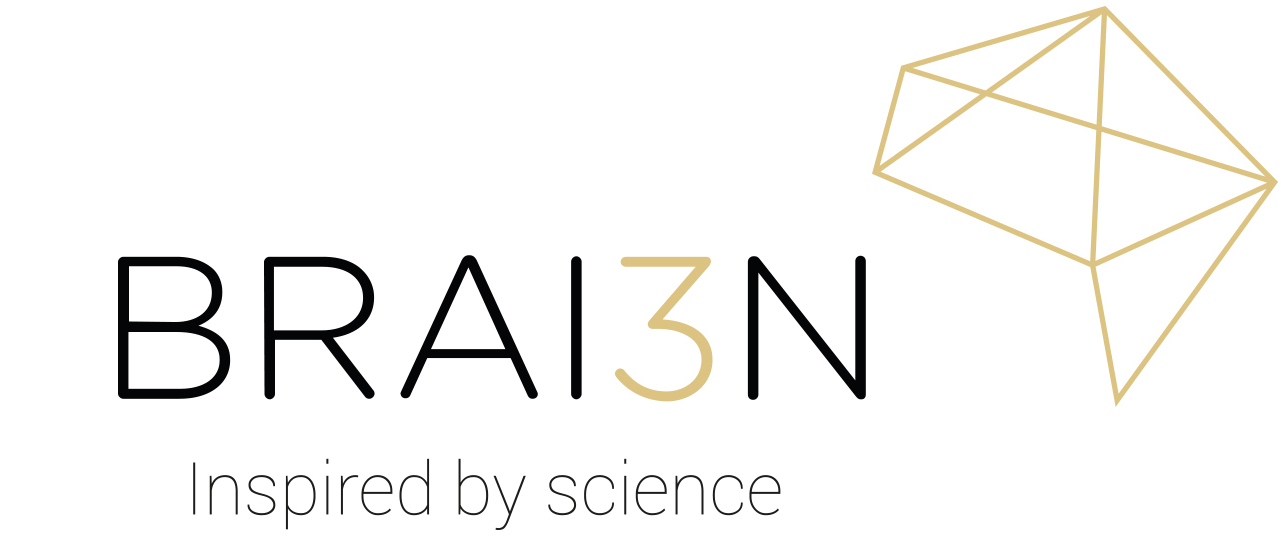Lab CLINT

The Lab for Clinical and Integrative Neuroscience (Lab CLINT) is part of Trinity College Institute for Neuroscience at Trinity College Dublin. Lab CLINT aims to advance fundamental knowledge of human brain function and to use this knowledge to help people with psychiatric and neurological disorders. Our research integrates multimodal brain imaging techniques with novel invasive and non-invasive neuromodulation techniques to determine mechanisms underlying neuroplasticity dysfunction. More specifically, we work to understand the mechanisms of (mal)adaptive plasticity and develop new treatment approaches for different neurological (pain, tinnitus, Parkinson's disease, cognitive impairment) and psychiatric diseases (addiction, OCD, depression).





